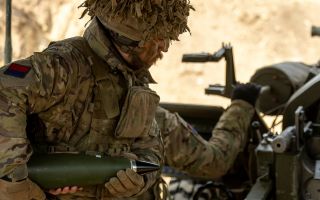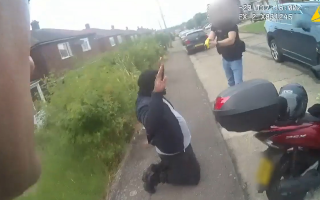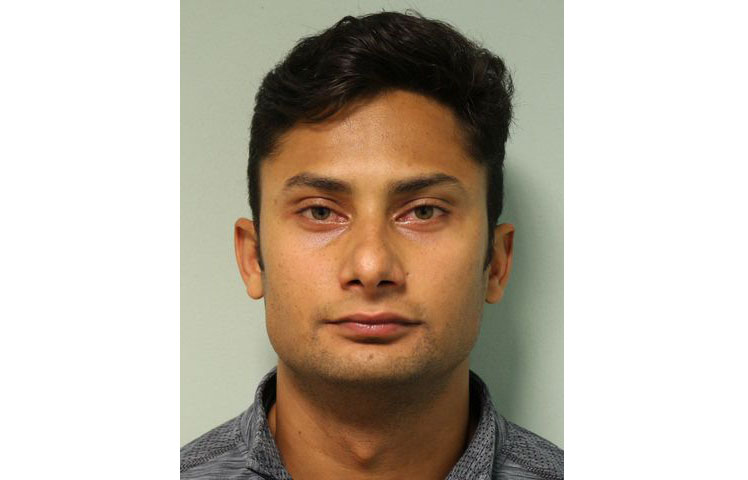
RAF Sergeant Jailed For Part In £1m Drug Dealing Ring

Sgt David Corentin (Picture: National Crime Agency).
A Royal Air Force Sergeant is one of three men facing jail time for their involvement in a £1m drug dealing and money laundering conspiracy.
Sergeant David Corentin, 32, from the RAF, pleaded guilty to two counts of money laundering and was sentenced to two years and three months in prison.
Sgt Corentin, from Rainham, Essex, was found to have £500,000 stashed in bags in a vehicle, after he was pulled over by investigators in October 2018.
An encrypted phone was also found in Corentin’s vehicle and officers believe this was used to communicate with other members of the organised crime gang to avoid law enforcement detection.
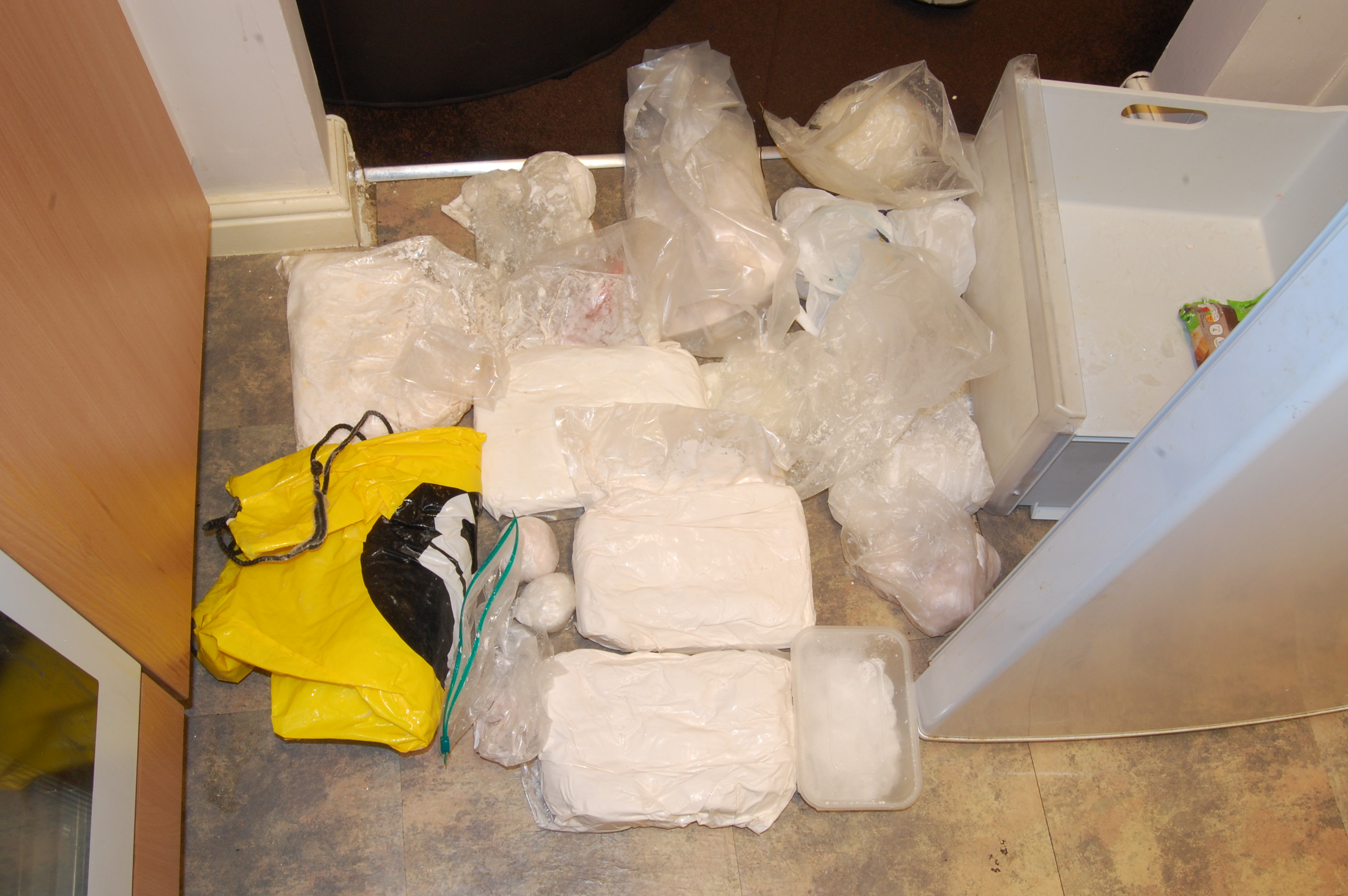
Along with Corentin, Dennis Jacobs, 71, from Romford and Jason Warner, 48, from Canvey Island were also involved in supplying cocaine, cannabis and amphetamines across London and Essex.
Warner was detained 11 days later as he left the sheltered accommodation, where his mother's partner Dennis Jacobs lived, and found to be in possession of a quantity of cocaine.
Officers searched Jacobs’ flat and found 9.5kg of high-purity cocaine, 1.5kg of MDMA, 11kg of amphetamine and 26kg of cannabis resin with an estimated street value of more than £1 million.
Approximately £120,000 was stashed in a safe and various cutting agents and a hydraulic press hidden in the bedroom cupboard were also recovered.
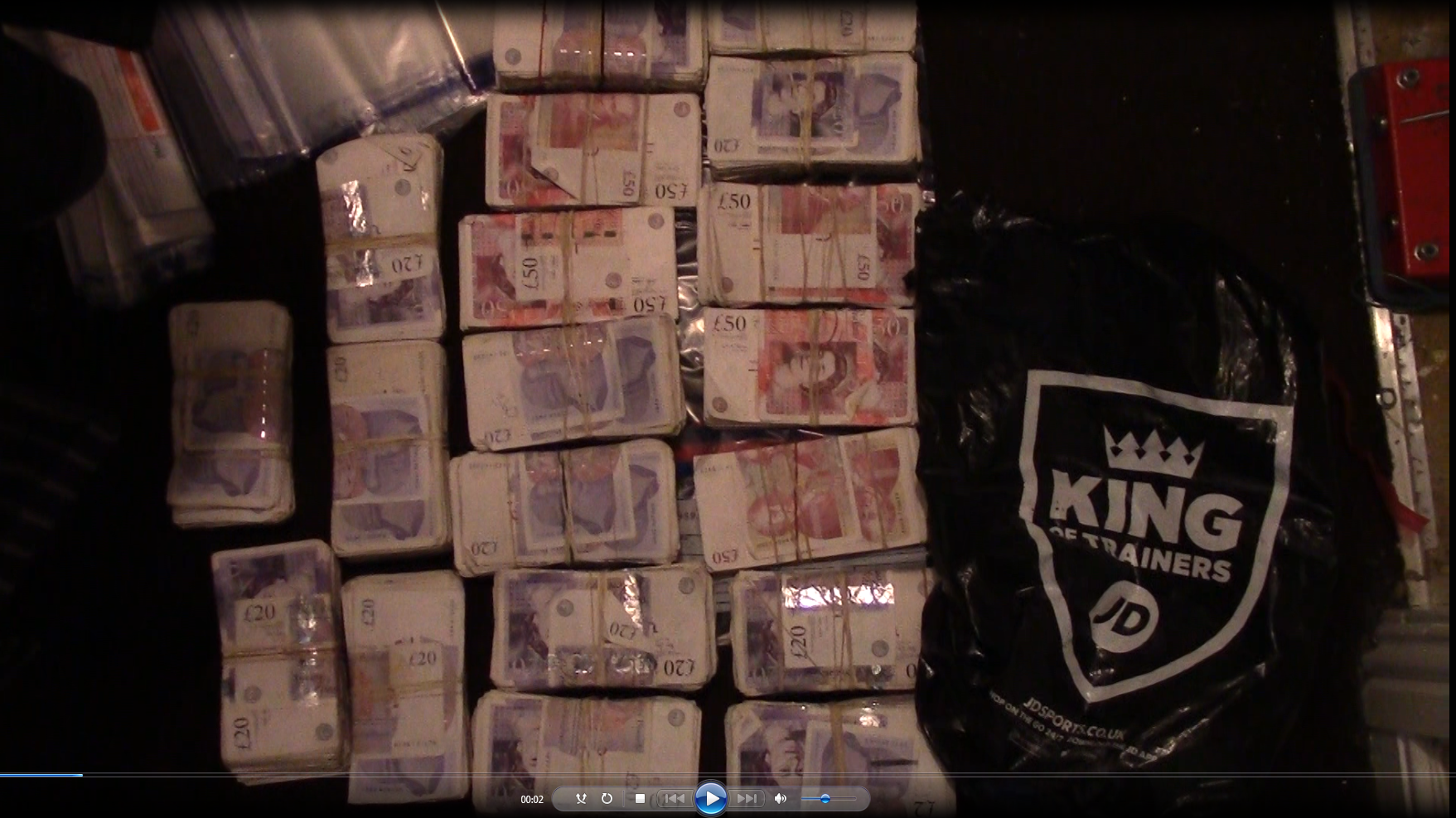
Jacobs pleaded guilty to three counts of permitting his premises to be used for the production of a controlled substance and one count of money laundering and was sentenced to 12 months.
Warner pleaded guilty to four counts of conspiracy to supply controlled drugs and three counts of money laundering and was sentenced to eight years and four months.
All three were sentenced at Kingston Crown Court on 13 June.
John Coles, Head of the Specialist Operations Unit at the NCA said: "Organised crime groups rely on professional enablers like Corentin, Warner, and Jacobs to supply cocaine and other class A and B drugs across the UK.
"They are important links in the chain and disrupting their activities is a key priority for the NCA."







